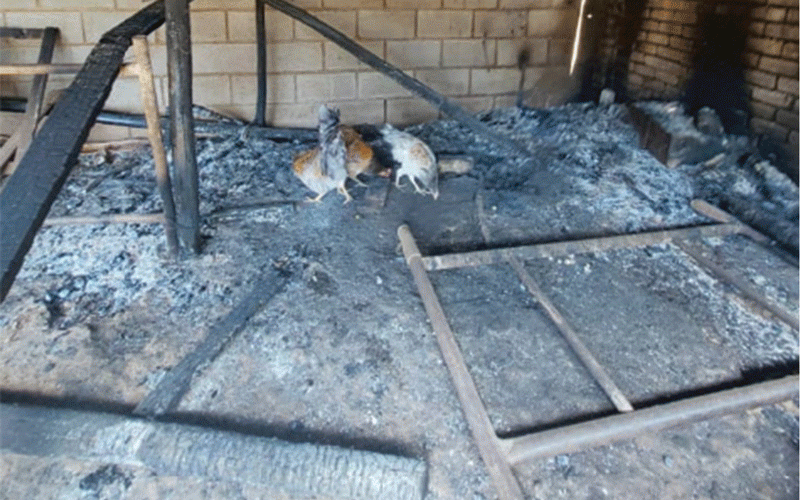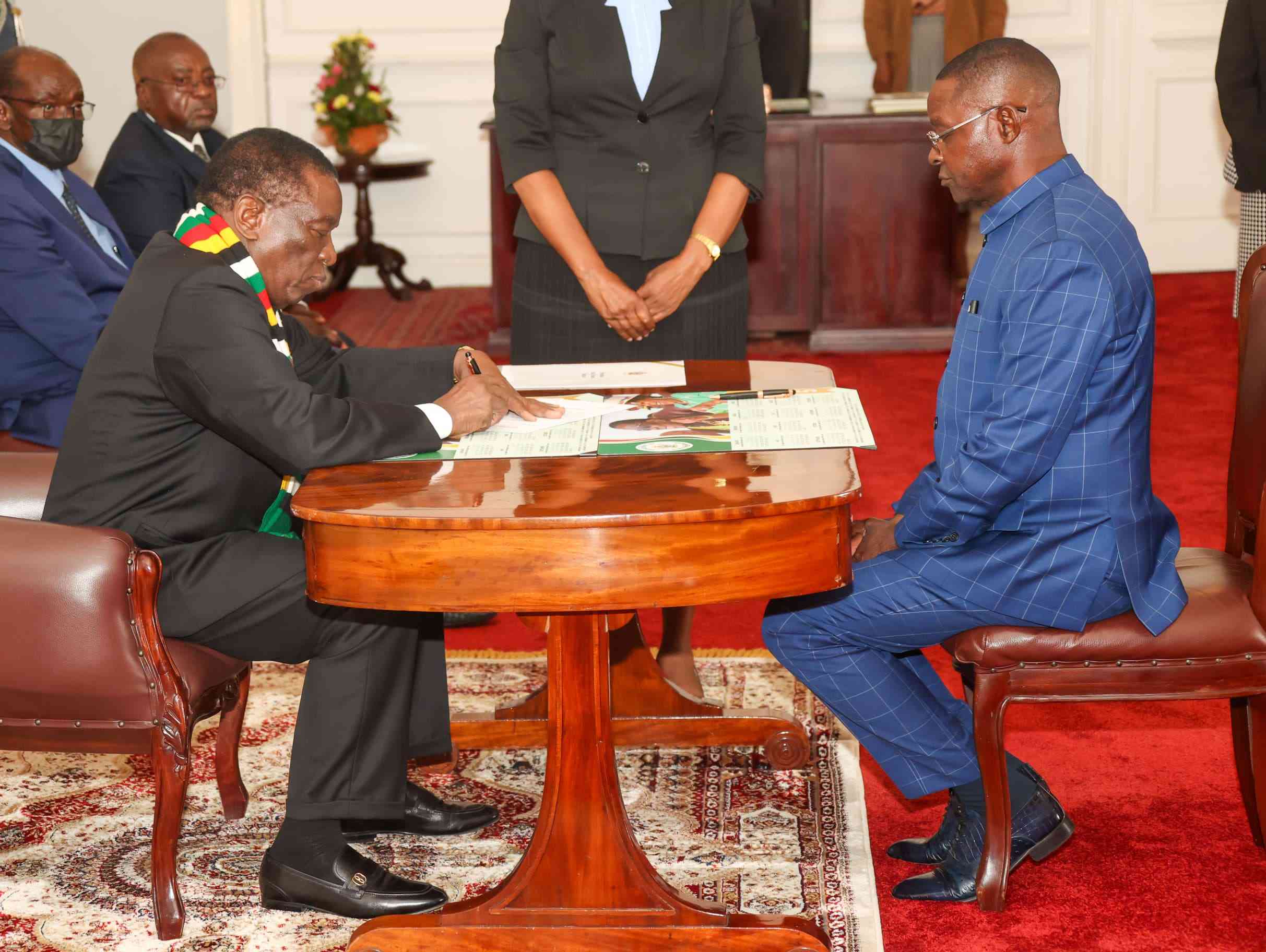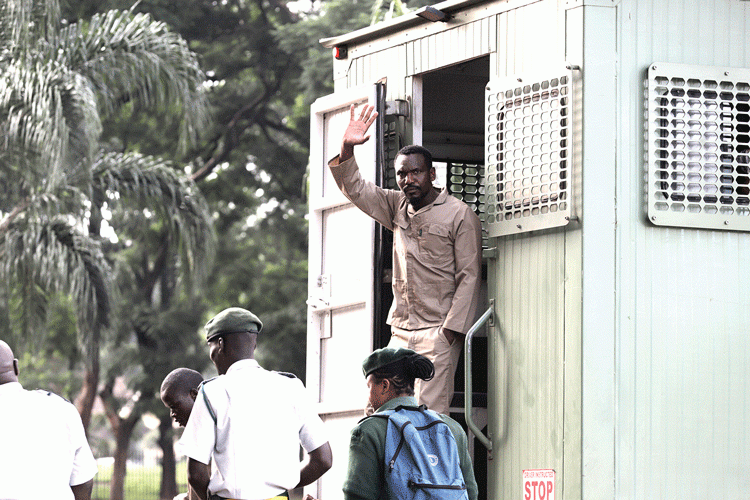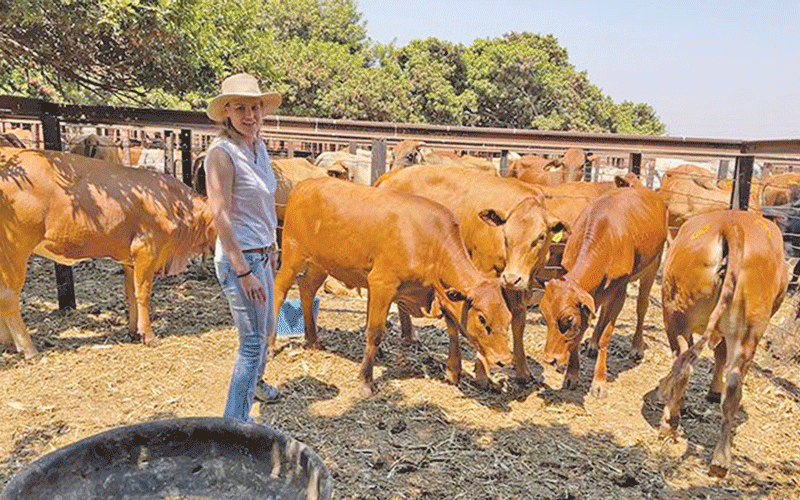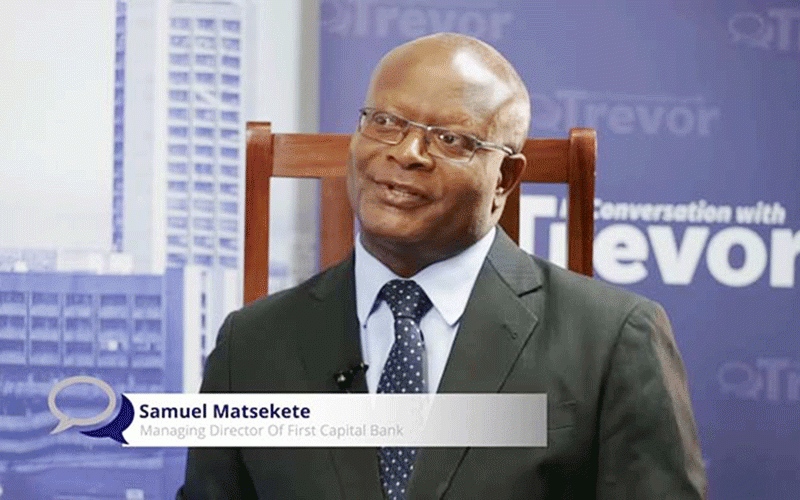BY VENERANDA LANGA
WOMEN will seek for an extension of the proportional representation quota to a further tenure of 10 more years, Women Affairs minister Nyasha Chikwinya has said.
Chikwinya made the revelations in the National Assembly recently, where she said the PR quota, whose 10-year tenure will end in 2022, was too short to fully equip women to handle leadership posts, thus, more time was needed to keep them in Parliament.
“First, we are going to make sure that we seek for an extension because our Constitution indicates that there is going to be a tenure of 10 years, but it is not enough,” she said.
“We need another 10 years to ensure that at that time, women will be fully equipped to handle leadership positions.”
Chikwinya said her ministry will ensure that all political parties groom the girl child in 10 years, so that in 30 years’ time, there would be enough women to take up positions in Parliament.
Keep Reading
- Chamisa under fire over US$120K donation
- Mavhunga puts DeMbare into Chibuku quarterfinals
- Pension funds bet on Cabora Bassa oilfields
- Councils defy govt fire tender directive
Chairperson of the Parliamentary Portfolio Committee on Women Affairs, Biata Nyamupinga, has also called for 105 seats for women in 2018 if the 50/50 gender parity ratio is to be achieved.
Chikwinya said the 50/50 gender parity ratio must not only be in Parliament, but women must attain leadership posts in local authorities, ministerial posts and in business and leadership.
The Legal Resources Foundation, in a paper on gender equality in Zimbabwe, says that women constitute 11% of Cabinet, with only three female ministers out of 26.
It said the value of gender equality provided for in terms of section 3(g) of the Constitution had not been taken into account in terms of Cabinet appointments, adding there was lack of political will to do so.
Women still lag behind in leadership posts despite that 2013 Constitution having several sections that promote gender parity.
Section 17(1) of the Constitution stipulates that it is mandatory for the State to promote gender parity.
The Proportional Representation quota under section 120(2)(a) of the Constitution provides for the election of senators under a party system of proportional representation, in which male and female candidates are listed alternatively, with females heading the list, while Section 124(1)(b) provides for seats to be reserved for women.
Meanwhile, Vice-President Emmerson Mnangagwa made an indication in Senate before it adjourned in July, that more adjustments to the Constitution were coming.
Mnangagwa made the remarks while responding to Senators’ concerns on July 26, 2017, when the Upper House passed the Constitution of Zimbabwe Amendment No 1 Bill.
“Let me assure the Senate that this is not the only thing (Section 180 of the Constitution) that we intend to amend in the Constitution,” he said.
“It is not a question of being a Zanu PF government in power, but it is a question of a democratic process.” Although he did not further elaborate to Senators which other sections of the Constitution Zanu PF wanted to amend, he said the changes were meant to ensure that ruling party programmes are implemented.
“If the Constitution forbids the implementation of a programme, they (ruling party) have a choice to amend the Constitution so that the programmes go forward. If next time they are not in power and some other political party come in and think that they must amend, the Constitution allows them to amend — but for now, we are amending it because we feel it must be amended,” Mnangagwa said.
Barely four years after its crafting, the Constitution has been amended through the Constitution of Zimbabwe Amendment No 1 Bill, which is now before President Robert Mugabe for assent.
The amendments allow the appointments of the Chief Justice, Deputy Chief Justice and the Judge President of the High Court to be done by the President.

